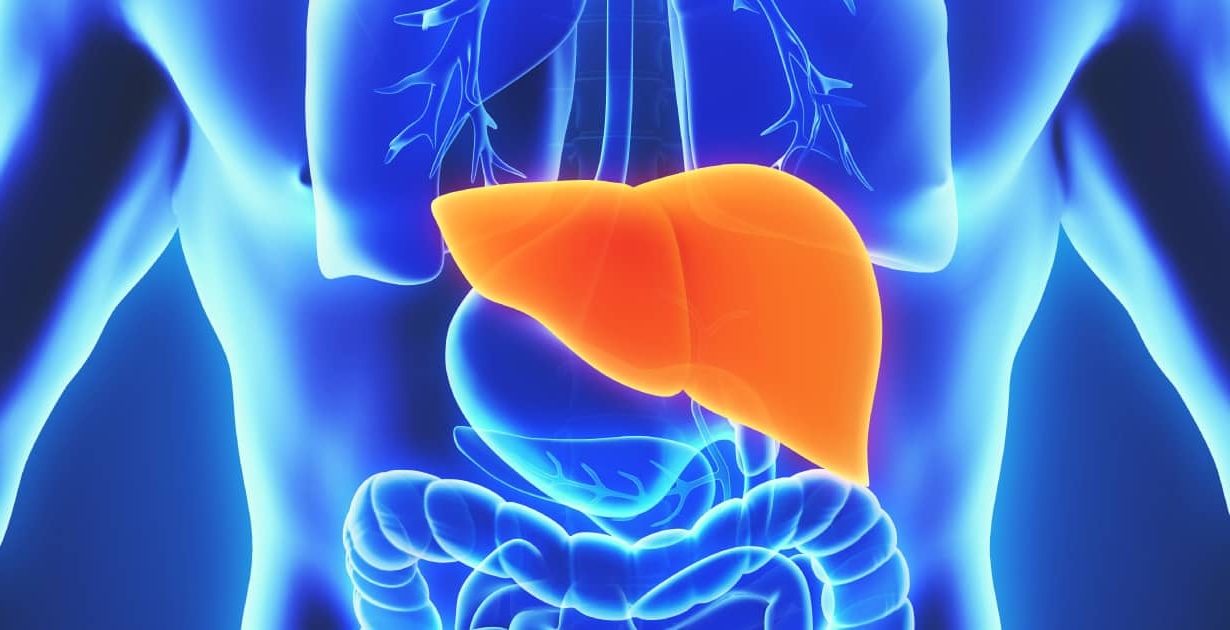
Bile is a fascinating substance produced by the liver, playing a crucial role in digestion. Ever wondered what makes this greenish-yellow fluid so important? Bile helps break down fats, making it easier for your body to absorb nutrients. Without it, digesting that delicious cheeseburger would be a lot harder! But there's more to bile than just aiding digestion. Did you know it also helps remove waste products from the liver? This fluid is a multitasker, balancing the body's chemistry while keeping things running smoothly. Ready to learn more? Here are 25 intriguing facts about bile that might surprise you!
What is Bile?
Bile, a digestive fluid produced by the liver, plays a crucial role in breaking down fats. Stored in the gallbladder, it is released into the small intestine to aid digestion. Here are some fascinating facts about bile:
-
Bile contains bile acids, which are critical for digesting and absorbing fats and fat-soluble vitamins in the small intestine.
-
The liver produces about 500 to 600 milliliters of bile each day.
-
Bile is composed of bile salts, cholesterol, bilirubin, electrolytes, and water.
-
Bile salts are recycled through a process called enterohepatic circulation, where they are reabsorbed in the small intestine and returned to the liver.
The Role of Bile in Digestion
Bile's primary function is to aid in the digestion and absorption of fats. Without bile, our bodies would struggle to process fatty foods.
-
Bile emulsifies fats, breaking them down into smaller droplets that enzymes can more easily digest.
-
It helps neutralize stomach acid, creating an optimal pH for digestive enzymes in the small intestine.
-
Bile also aids in the elimination of waste products from the liver, including bilirubin, a byproduct of red blood cell breakdown.
-
The presence of bile in the intestines stimulates the release of digestive enzymes from the pancreas.
Bile and the Gallbladder
The gallbladder stores and concentrates bile, releasing it when needed during digestion. This small organ plays a significant role in the digestive process.
-
The gallbladder can store about 50 milliliters of bile.
-
When fatty foods enter the small intestine, a hormone called cholecystokinin signals the gallbladder to contract and release bile.
-
Gallstones can form when there is an imbalance in the substances that make up bile, leading to pain and digestive issues.
-
Gallbladder removal, or cholecystectomy, is a common surgery that does not significantly impact digestion for most people.
Bile Pigments and Color
Bile's distinctive greenish-yellow color comes from bile pigments, primarily bilirubin and biliverdin.
-
Bilirubin is produced from the breakdown of hemoglobin in red blood cells.
-
Biliverdin, a green pigment, is converted to bilirubin in the liver.
-
The color of bile can change depending on its concentration and the presence of other substances.
-
Bile pigments are responsible for the brown color of feces, as they are excreted from the body.
Health and Bile
Bile's role in digestion and waste elimination makes it essential for maintaining overall health. Issues with bile production or flow can lead to various health problems.
-
Cholestasis is a condition where bile flow is reduced or blocked, leading to jaundice and other symptoms.
-
Bile acid malabsorption can cause chronic diarrhea and other gastrointestinal issues.
-
Certain medications and conditions can affect bile production and flow, impacting digestion and liver function.
-
A healthy diet, rich in fiber and low in unhealthy fats, supports optimal bile production and flow.
Fun Facts About Bile
Bile has some surprising and lesser-known aspects that highlight its importance and complexity.
-
Some animals, like sharks, have bile that is used in traditional medicine for its supposed healing properties.
-
Bile has been used historically in various cultures for medicinal purposes, including treating digestive disorders.
-
The term "bilious" historically referred to someone who was irritable or bad-tempered, based on the ancient belief that excess bile caused such moods.
-
Bile can be artificially synthesized and used in medical treatments, such as dissolving certain types of gallstones.
-
Researchers are studying bile acids for their potential in treating metabolic disorders and liver diseases.
Bile, though often overlooked, is a vital component of our digestive system. Its complex composition and essential functions make it a fascinating subject worthy of appreciation.
Final Thoughts on Bile
Bile, often overlooked, plays a crucial role in digestion. This yellow-green fluid, produced by the liver, helps break down fats, making nutrients easier to absorb. Stored in the gallbladder, bile gets released into the small intestine when needed. Without it, our bodies would struggle to process fatty foods, leading to nutritional deficiencies.
Interestingly, bile also helps eliminate waste products from the liver. It contains bile acids, cholesterol, and bilirubin, which are essential for maintaining a healthy digestive system. Understanding bile's functions can help us appreciate the complexity of our bodies and the importance of liver health.
Next time you enjoy a meal, remember the unsung hero working behind the scenes. Bile ensures we get the most out of our food, keeping our digestive system running smoothly. So, take care of your liver, and it will take care of you.
Was this page helpful?
Our commitment to delivering trustworthy and engaging content is at the heart of what we do. Each fact on our site is contributed by real users like you, bringing a wealth of diverse insights and information. To ensure the highest standards of accuracy and reliability, our dedicated editors meticulously review each submission. This process guarantees that the facts we share are not only fascinating but also credible. Trust in our commitment to quality and authenticity as you explore and learn with us.
